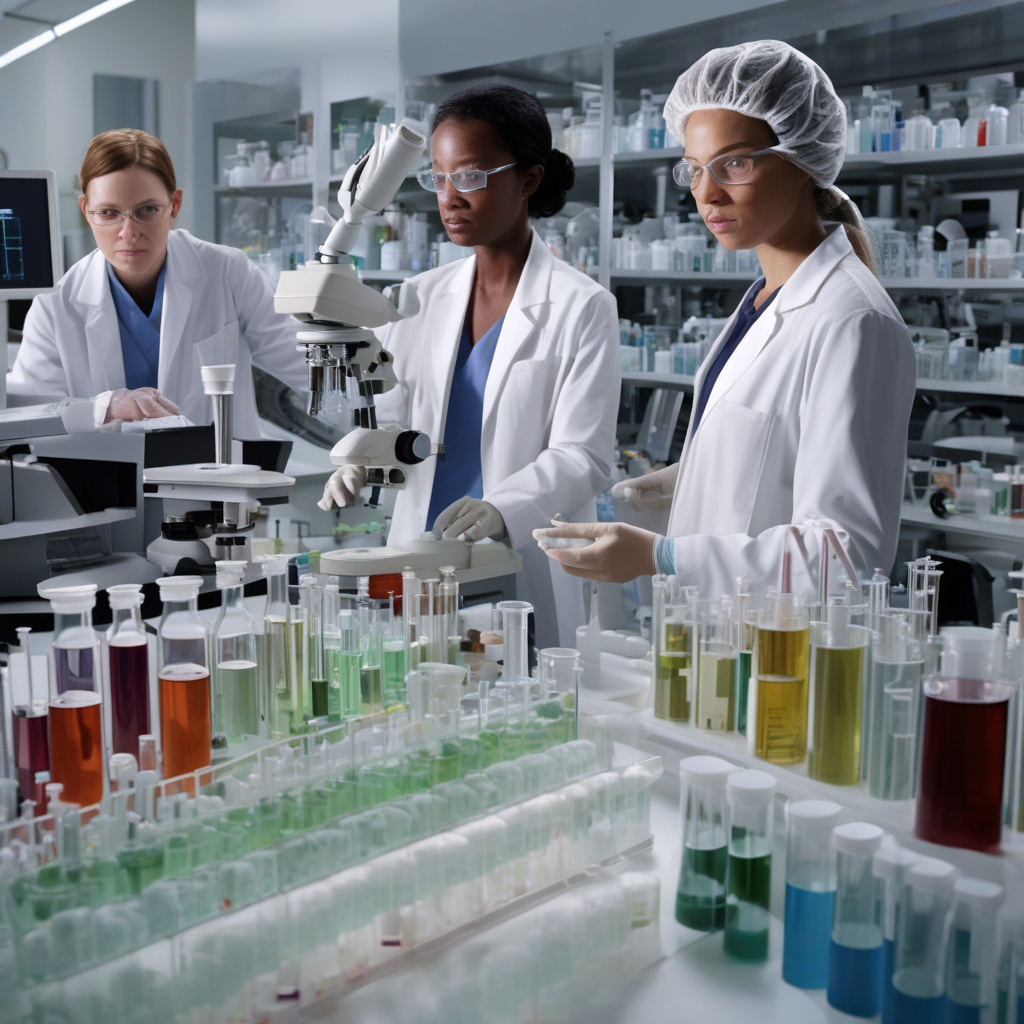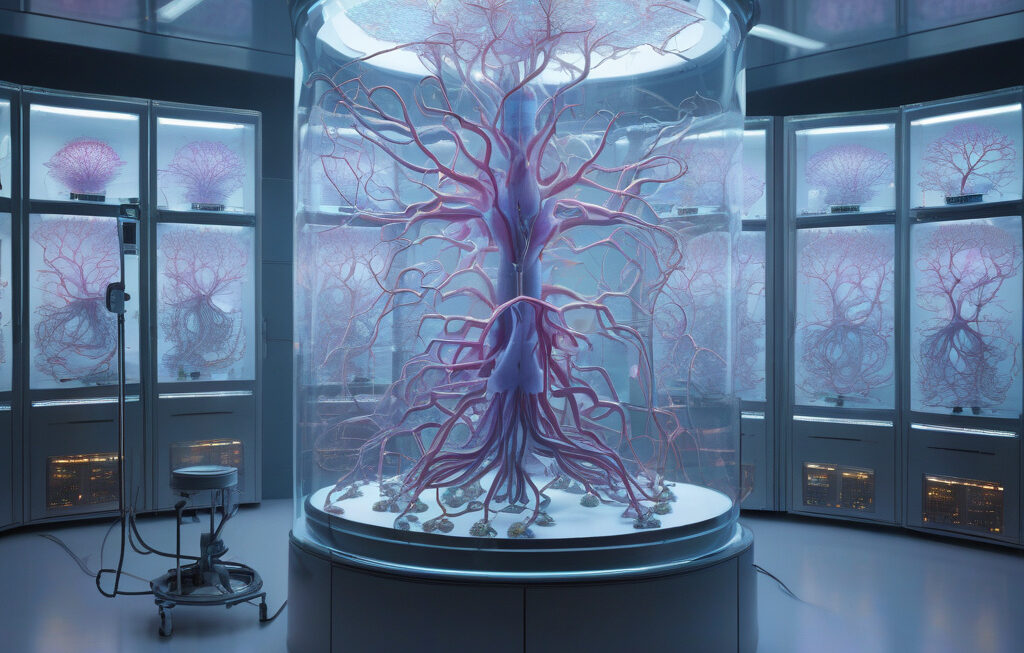Synthetic E. coli with compressed DNA outsmarts viruses in a radical genetic leap
In a landmark feat of genetic engineering, researchers at the MRC Laboratory of Molecular Biology have achieved a groundbreaking milestone by creating synthetic E. coli bacteria that are equipped with compressed DNA, enabling them to outsmart viruses in a radical genetic leap. This innovative approach heralds a new era in synthetic biology, offering a glimpse into the potential of engineered microorganisms to revolutionize various fields, from healthcare to environmental sustainability.
The conventional wisdom in genetic engineering has been to expand the genetic code to incorporate new functionalities into organisms. However, the team of scientists at the MRC Laboratory took a different approach by compressing the existing genetic code of E. coli to make it more efficient and resistant to viral attacks. This “less is more” strategy involved removing redundant elements from the bacterial genome while preserving essential genetic information, resulting in a streamlined and robust genetic architecture.
By streamlining the genetic code of E. coli, the researchers were able to create a synthetic strain that not only retained its vital functions but also gained a significant advantage over viruses. In laboratory experiments, the engineered bacteria demonstrated a remarkable ability to resist viral infections that would typically decimate their natural counterparts. This resilience is attributed to the streamlined genetic architecture, which eliminates the vulnerabilities that viruses exploit to hijack the host cell’s machinery.
The implications of this achievement are far-reaching and hold promise for various applications. In the field of biotechnology, engineered microorganisms with compressed DNA could serve as biofactories for producing valuable compounds, such as pharmaceuticals, biofuels, and specialty chemicals, with greater efficiency and stability. Moreover, the enhanced resistance to viral infections could lead to the development of novel strategies for combating viral diseases in both bacterial populations and higher organisms.
Beyond biotechnology, the synthetic E. coli bacteria represent a significant step forward in our understanding of genetic systems and their potential for optimization. By simplifying and fortifying the genetic code, researchers have demonstrated that nature’s complexity can be harnessed and streamlined to enhance functionality and resilience. This paradigm shift in genetic engineering opens up new possibilities for creating designer organisms with tailored genetic architectures for specific applications.
While the creation of synthetic E. coli with compressed DNA marks a major advancement in genetic engineering, it also raises important ethical considerations. The power to manipulate and redesign living organisms poses challenges in terms of biosafety, environmental impact, and societal acceptance. As we venture further into the realm of synthetic biology, it is crucial to engage in thoughtful discussions and establish robust regulatory frameworks to ensure responsible innovation and technology deployment.
In conclusion, the development of synthetic E. coli bacteria with compressed DNA represents a paradigm shift in genetic engineering, showcasing the potential of streamlined genetic architectures to confer resilience and functionality in microorganisms. This radical genetic leap not only paves the way for innovative applications in biotechnology and healthcare but also underscores the importance of ethical and regulatory considerations in shaping the future of synthetic biology.
#SyntheticBiology, #GeneticEngineering, #Microorganisms, #Biotechnology, #Innovation












